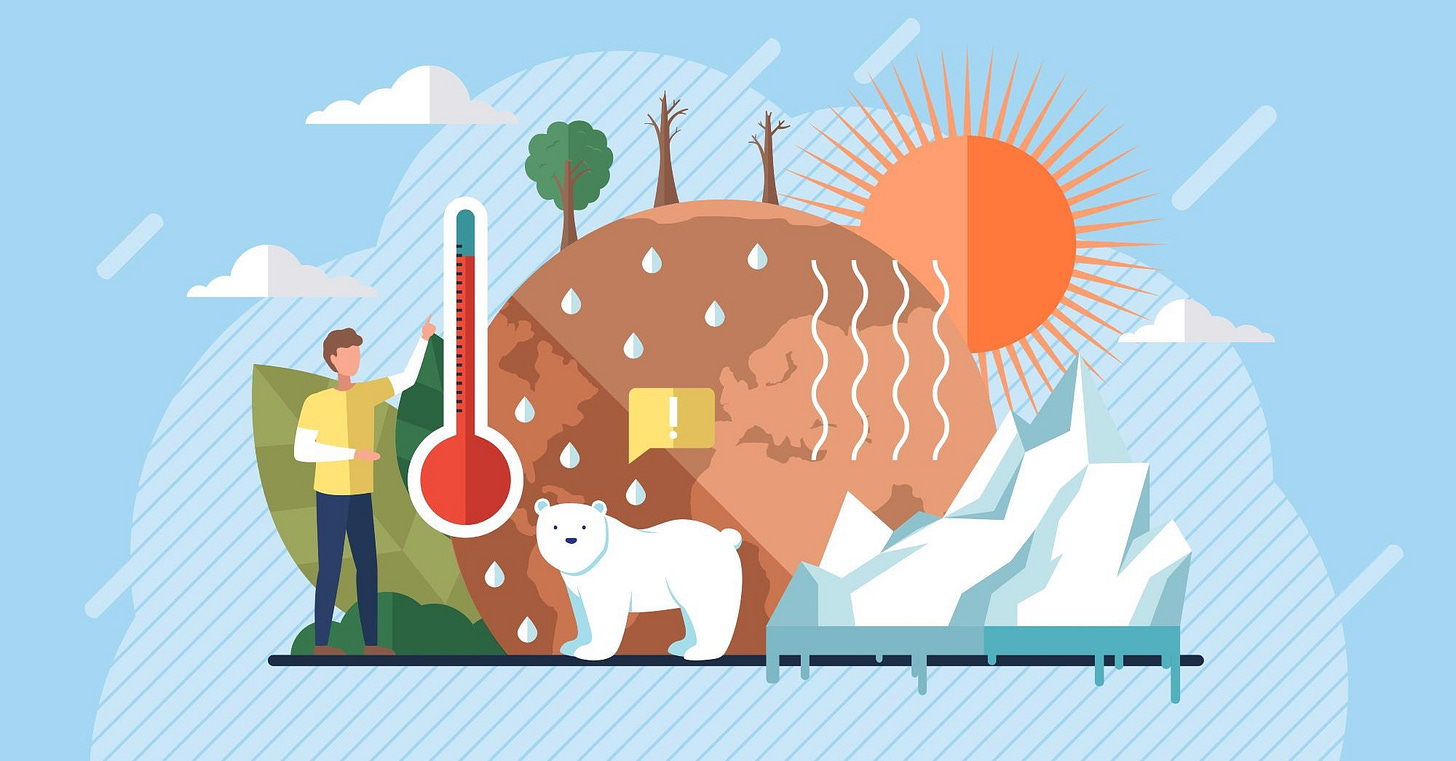Climate Change And Its Impact On Health
Written by Churnika Gudla
Vector-Borne Diseases
Climate change is making it easier for diseases spread by insects like mosquitoes and ticks to move into new areas. Warmer temperatures and changing rainfall patterns help these insects thrive, leading to more cases of diseases like malaria, dengue fever, Zika virus, and Lyme disease in places that didn't have them before. Warmer weather speeds up their life cycles, allowing them to reproduce more quickly. More rain creates standing water, perfect for mosquito breeding, while droughts force people to store water in containers, which also attract mosquitoes.
Respiratory Health
Climate change is worsening respiratory problems like asthma, COPD, and allergies. Higher temperatures lead to more ground-level ozone, a harmful pollutant that can worsen respiratory issues. Wildfires, which are more frequent and intense due to climate change, release smoke and pollutants that can cause respiratory infections and worsen asthma and COPD. Additionally, longer and more intense allergy seasons can cause more asthma attacks and allergic reactions.
Mental Health
Climate change is also affecting mental health. Events like hurricanes, floods, and wildfires, which are becoming more common, cause significant emotional distress. People who experience these disasters may face grief, trauma, and a sense of helplessness that can last long after the event. Chronic stress from the ongoing threat of climate change can harm mental health, leading to anxiety about the future and worsening existing mental health conditions. "Eco-anxiety," or the fear and worry about the planet's future, is a growing issue, especially among younger people concerned about the environment.
Conclusion
Addressing the impact of climate change on health requires a flexible and proactive healthcare system. Investing in research, public health infrastructure, and international cooperation is key to protecting communities from these growing threats. By prioritizing mental health, respiratory health, and disease prevention, we can better support individuals and communities facing the challenges of a changing climate.
Written by Churnika Gudla from MEDILOQUY


